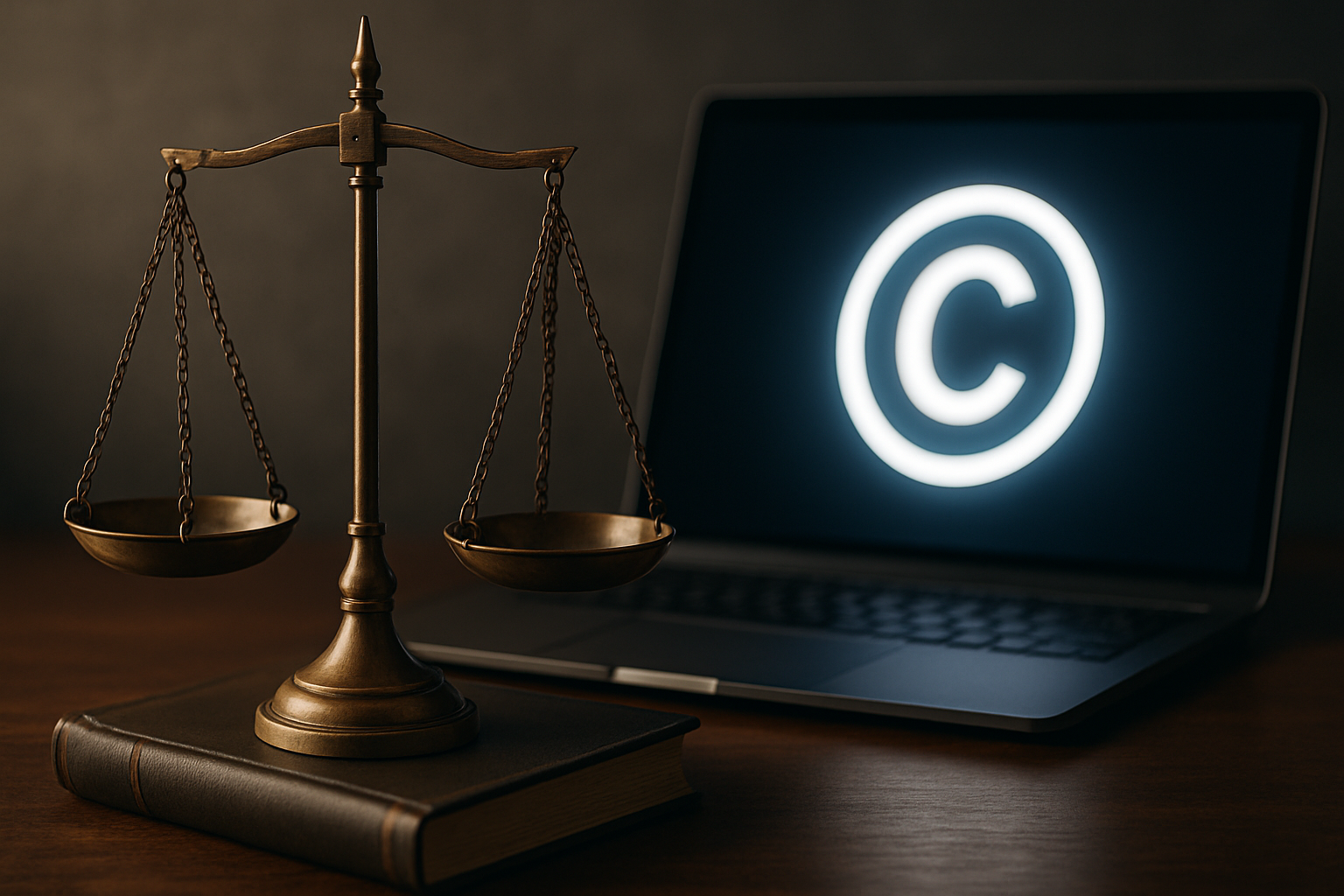Title: The Jurisprudence of Algorithmic Decision-Making
Introduction: In an era where artificial intelligence increasingly influences legal processes, the intersection of algorithms and jurisprudence poses unprecedented challenges. This article delves into the complex landscape of algorithmic decision-making in the legal system, exploring its potential benefits, ethical concerns, and the evolving legal framework governing its use.

However, the integration of AI in legal proceedings is not without controversy. Critics argue that algorithmic decision-making may perpetuate existing biases, lack transparency, and potentially infringe on individual rights. As courts and legislative bodies grapple with these concerns, a new body of jurisprudence is emerging to address the unique challenges posed by AI in the legal sphere.
Historical Context and Legal Foundations
The use of algorithms in legal decision-making is not entirely new. For decades, courts have relied on various tools and formulas to assist in sentencing and other judicial determinations. However, the advent of machine learning and big data analytics has dramatically expanded the scope and complexity of algorithmic interventions in the legal process.
The legal framework governing algorithmic decision-making is still in its infancy. Existing laws such as the Equal Protection Clause of the U.S. Constitution and anti-discrimination statutes provide some guidance, but they were not designed with AI in mind. As a result, courts and lawmakers are facing the challenge of adapting these principles to the digital age.
Key Legal Challenges and Emerging Doctrines
One of the primary legal challenges in algorithmic decision-making is the issue of transparency and explainability. Many AI systems, particularly those based on deep learning, operate as “black boxes,” making it difficult to understand how they arrive at their conclusions. This lack of transparency raises due process concerns, as defendants may be unable to challenge the basis of decisions that affect their rights.
Courts are beginning to grapple with this issue, with some jurisdictions requiring that algorithmic tools used in the criminal justice system be open to scrutiny and validation. The emerging doctrine of “algorithmic due process” seeks to ensure that individuals affected by AI-driven decisions have the right to understand and contest those decisions.
Another significant legal challenge is the potential for algorithmic bias. AI systems trained on historical data may inadvertently perpetuate existing societal biases, leading to discriminatory outcomes. Legal scholars and practitioners are developing new approaches to address this issue, including the concept of “algorithmic fairness” and the application of disparate impact theory to AI-driven decisions.
Legislative Responses and Regulatory Frameworks
As the use of AI in legal processes becomes more prevalent, legislators are taking steps to regulate its implementation. Several jurisdictions have introduced or passed laws addressing algorithmic decision-making in various contexts, from hiring practices to criminal justice.
For example, the European Union’s General Data Protection Regulation (GDPR) includes provisions on automated decision-making, granting individuals the right to opt out of certain AI-driven decisions and requiring explanations for such decisions. In the United States, proposed legislation such as the Algorithmic Accountability Act aims to require companies to assess and address the impacts of their AI systems.
These legislative efforts reflect a growing recognition of the need for a comprehensive regulatory framework to govern the use of AI in legal and governmental processes. However, striking the right balance between innovation and protection remains a significant challenge.
The Role of the Judiciary in Shaping AI Jurisprudence
As cases involving algorithmic decision-making make their way through the court system, judges are playing a crucial role in shaping the legal landscape. Recent court decisions have addressed issues such as the admissibility of AI-generated evidence, the right to confront algorithmic accusers, and the standards for reviewing AI-assisted judicial decisions.
These rulings are laying the groundwork for a new body of AI jurisprudence, establishing precedents that will guide future cases and inform legislative efforts. As courts continue to grapple with these complex issues, they must balance the potential benefits of AI in the legal system with the fundamental principles of justice and fairness.
Looking Ahead: The Future of AI in Law
The integration of AI into legal processes is likely to accelerate in the coming years, presenting both opportunities and challenges for the legal system. As algorithms become more sophisticated and their use more widespread, the need for a robust legal framework to govern their implementation will only grow.
Future developments in AI jurisprudence may include the establishment of specialized courts or tribunals to handle AI-related cases, the development of new legal doctrines specifically tailored to algorithmic decision-making, and the emergence of AI ethics as a core component of legal education and practice.
As we navigate this complex terrain, it is crucial that lawmakers, judges, and legal practitioners work together to ensure that the use of AI in the legal system enhances rather than undermines the principles of justice, fairness, and equality under the law. The evolving jurisprudence of algorithmic decision-making will play a pivotal role in shaping the future of our legal institutions and the protection of individual rights in the digital age.






